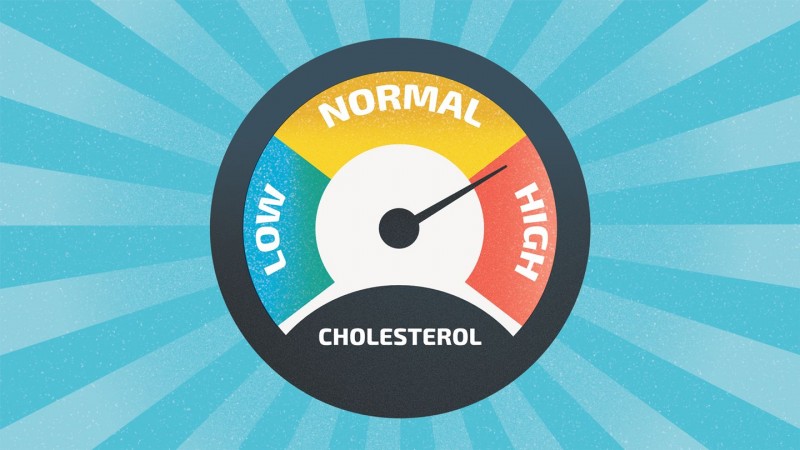
Cholesterol is an essential substance that our body needs for various physiological functions. However, the delicate balance can be disrupted, leading to an increase in bad cholesterol, also known as LDL cholesterol. In this article, we will delve into the intricacies of bad cholesterol, its impact on health, and effective ways to manage and control it.
Bad cholesterol, or low-density lipoprotein (LDL) cholesterol, is a type of cholesterol that can build up on the walls of blood vessels. Unlike its counterpart, high-density lipoprotein (HDL) cholesterol, which is often referred to as good cholesterol, LDL cholesterol can contribute to the formation of plaque, narrowing the arteries and increasing the risk of cardiovascular diseases.
Our dietary choices play a pivotal role in determining cholesterol levels. Diets rich in saturated and trans fats, commonly found in processed foods and red meat, can elevate LDL cholesterol. Understanding and making informed decisions about our food intake are crucial steps in managing cholesterol.
Modern lifestyles often involve prolonged periods of inactivity, contributing to various health issues, including elevated cholesterol levels. Regular physical activity not only helps in weight management but also boosts HDL cholesterol, acting as a natural defense against the rise of bad cholesterol.
Genetics can influence cholesterol levels. Some individuals may have a genetic predisposition to high cholesterol, making it essential to be aware of family medical history. While we can't change our genes, understanding this predisposition allows for proactive cholesterol management strategies.
Certain foods have proven cholesterol-lowering properties. Incorporating heart-healthy foods like oats, nuts, fatty fish, and fruits into your diet can positively impact cholesterol levels. These foods work in tandem to reduce LDL cholesterol and promote overall cardiovascular health.
Regular exercise is a cornerstone of a healthy lifestyle and plays a significant role in cholesterol management. Physical activity increases HDL cholesterol while helping to control weight and reduce the overall risk of heart disease. Simple activities like brisk walking, cycling, or swimming can make a substantial difference.
Nature has provided us with herbs renowned for their cholesterol-lowering properties. Garlic, turmeric, and ginger, among others, have been studied for their potential to reduce LDL cholesterol. While not a substitute for medical advice, incorporating these herbs into your diet can complement overall cholesterol management efforts.
The connection between stress and cholesterol levels is well-established. Chronic stress can contribute to unhealthy lifestyle choices and impact cholesterol directly. Engaging in stress management techniques such as meditation, yoga, or deep breathing exercises can positively influence overall well-being and cholesterol levels.
Smoking is a significant risk factor for heart disease and has a direct impact on cholesterol levels. Quitting smoking is a challenging yet crucial step in improving cardiovascular health. The benefits extend beyond cholesterol control, encompassing overall respiratory health and well-being.
Regular health check-ups are fundamental in monitoring cholesterol levels and overall cardiovascular health. Routine screenings allow for early detection of any abnormalities, enabling timely intervention and lifestyle adjustments. Understanding your cholesterol numbers empowers you to take proactive steps towards better health.
Several myths surround cholesterol, often leading to confusion. Debunking these myths is crucial for making informed decisions about our health. For instance, not all cholesterol is harmful, and some types are essential for bodily functions. Differentiating between these myths and facts is vital in navigating the path to optimal cholesterol levels.
Real people, real results. Hearing about individuals who successfully managed and reduced their bad cholesterol levels can provide motivation and insights. These success stories highlight the importance of perseverance, lifestyle changes, and a proactive approach to health. In conclusion, managing bad cholesterol requires a holistic approach that encompasses dietary modifications, regular physical activity, stress management, and, in some cases, herbal supplements. By making informed choices and adopting a healthy lifestyle, individuals can take control of their cholesterol levels naturally, reducing the risk of cardiovascular diseases.
You can also look stylish by making such hairstyle
Want to get a suit tailored for Basant Panchami? Take design and color ideas from here